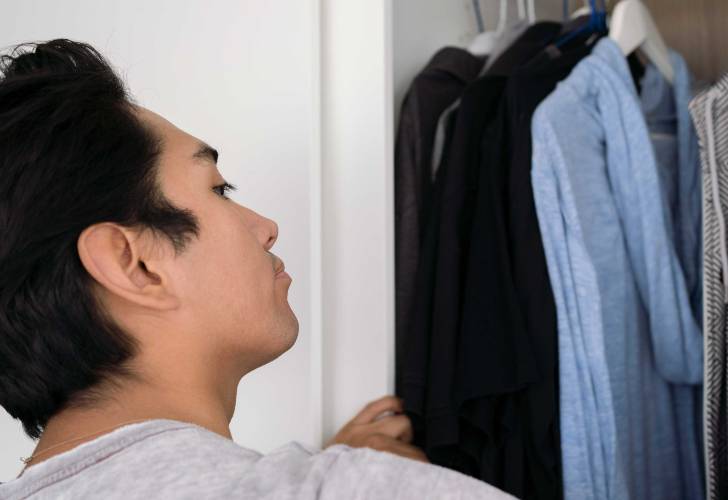
Do your muscles need more flexibility? Stretching is the answer
Stretching was always seen as necessary to warm up the muscles and prepare them for activity, but it is a discipline that can bring many benefits.
The World Health Organization maintains that one of the best strategies to improve the population's health is to reduce salt consumption.

High blood pressure caused by salt consumption contributes to at least 40% of all heart diseases and strokes, representing 45% of non-communicable diseases.
Hypertension is a significant health risk in the United States, especially in Latino communities.
The food consumed outside the home is dangerous due to its hidden salt content; there is no information on the amount of sodium they have.
There are consequences of excessive salt consumption that you don´t see as severe, but that seriously harm your health:
SWELLING
Fluid retention is caused by consuming excess salt. It can cause pain, the person feels uncomfortable, and with reduced mobility. If the kidneys do not work well, the swelling worsens.
DEHYDRATION
When you eat a lot of salty food, your mouth and throat feel dry, even if it isn’t easily noticeable. . Sodas or soft drinks also have salt, which you can only solve by drinking water.
WEIGHT GAIN
Excess salt consumption leads to wanting and eating more foods with excess fat, which gets worse when you have a sedentary life.
ACNE AND SKIN DAMAGE
Like sugar consumption, overeating salt has an immediate effect on the skin: acne, eye bags, blemishes—signs of fatigue and premature wrinkles.
HEADACHE
Salt causes the blood vessels in the brain to dilate, which is why tingling and pressure can appear in the temple area.
HYPERTENSION
And worst of all, the development of long-term hypertension can turn into a serious disease.

Stretching was always seen as necessary to warm up the muscles and prepare them for activity, but it is a discipline that can bring many benefits.

It is a difficult task for us to face, but once we do it, it translates into many benefits

Monkeypox usually affects people who are in contact with skin lesions or fluids from other people or derived fromanimals.

August is National Immunization Awareness Month, an opportunity to recognize the importance of vaccination and to check if everyone in your family is updated with the immunization schedule.